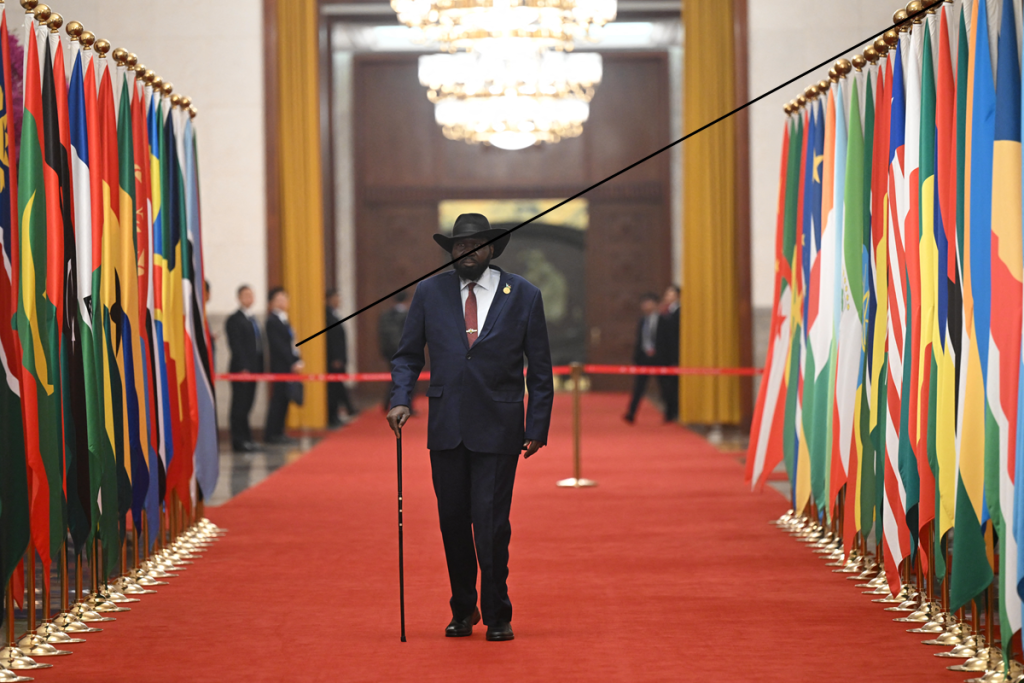The United Nations Special Representative of the Secretary-General, Nicholas Haysom, says South Sudan is at serious risk of sliding back into civil war due to a worsening political and security crisis in Nasir with several injuries and deaths among civilians, including women and children.
This comes after an attack on March 4, when the White Army, a youth militia, overran military barracks previously controlled by the South Sudan People’s Defence Forces (SSPDF) in Nasir.
In response, Upper Nile communities have suffered relentless airstrikes using explosive barrel bombs allegedly containing highly flammable liquids.
At least 63,000 people have fled the region, according to humanitarian organisations.
Reports indicate ongoing mobilisation of both White Army and SSPDF forces, with claims that children have been forcibly recruited into their ranks.
The deployment of foreign troops, requested by the South Sudanese government, has intensified fear and uncertainty.

Politically, tensions have escalated as senior military and civilian officials affiliated with the Sudan People’s Liberation Movement in Opposition (SPLM-IO) have been dismissed, detained, or forced into hiding. Misinformation, disinformation, and hate speech are further inflaming ethnic divisions and unrest.
To prevent further conflict, the United Nations Mission in South Sudan (UNMISS) is actively engaged in diplomacy, working with international and regional peace partners, including the African Union (AU), the Intergovernmental Authority on Development (IGAD), and the Reconstituted Joint Monitoring and Evaluation Commission (RJMEC).
Despite these efforts, tensions remain high. A scheduled high-level visit by IGAD foreign ministers to Juba was abruptly postponed by the South Sudanese government to April 3 without explanation.
Haysom emphasised that international bodies have called for a return to the Revitalised Peace Agreement, both in letter and spirit.
This requires strict adherence to the ceasefire, the fair treatment or release of detained officials, and a commitment to resolving tensions through dialogue rather than violence.
He urged South Sudan’s President and First Vice President to meet, resolve their differences, and reassure the nation of their commitment to peace.


